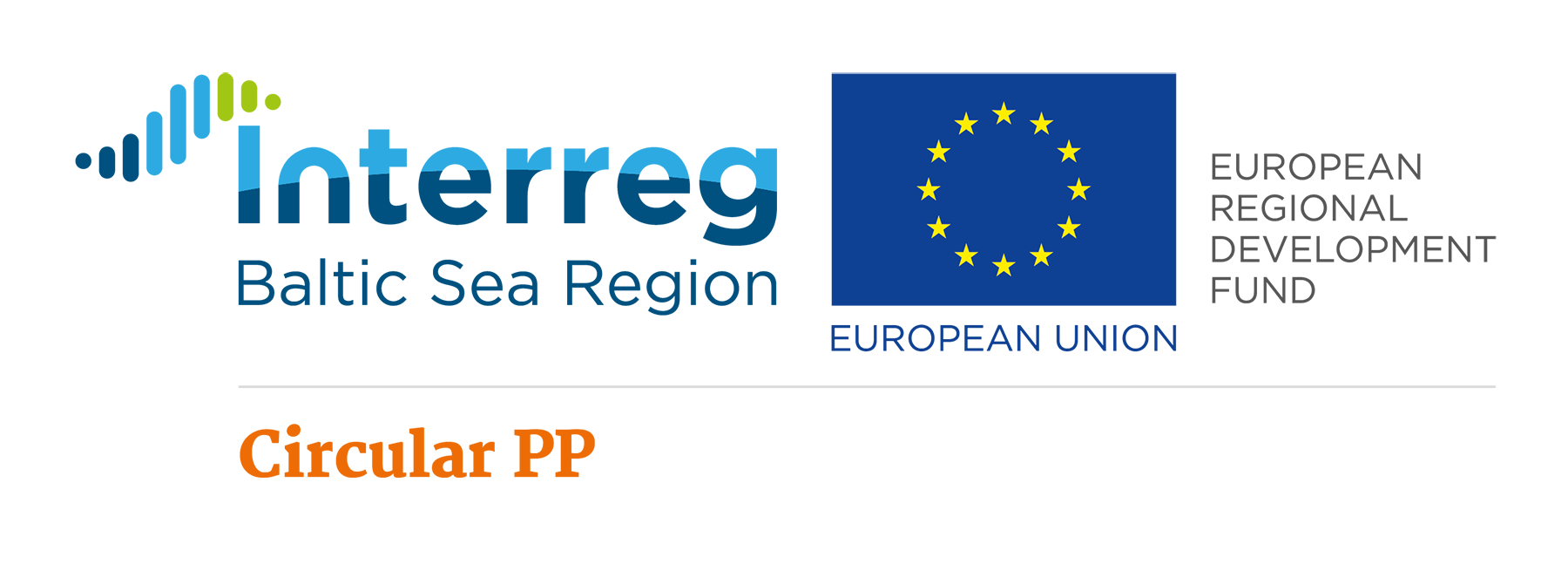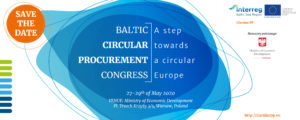Pioneering behaviour change towards procurement for circular economy in Malmö
By Josefine Hintz, Economy and Procurement team, ICLEI — Local Governments for Sustainability
The Covid-19 pandemic has changed life in cities around the world and has disrupted the systems that support them. But as restrictions in cities are eased and supply chains start up again, there is an opportunity to develop new systems that work better for people and the environment. The city of Malmö in Sweden aims to catalyse the transition to a circular economy in the Baltic Sea Region using public procurement. Part of the EU-funded Circular PP project, Malmö is piloting an approach to create a circular economy for furniture, focusing on repair, reuse and refurbishment.
Cities currently consume 60–80% of natural resources globally. However, with the aim to reduce their use of resources and overall impact on the environment, cities are increasingly signalling their commitment to transition towards a circular economy. To achieve this, many cities are focusing on implementation of resource loops as well as the creation of regenerative and adaptive urban areas. One powerful approach to steer the transition is to foster circular public procurement. This requires public authorities to think differently about the goods and services they need, and how to buy these in a way that considers the journey of products throughout their supply chain and use. By rethinking conventional procurement processes and business models, resource loops can be established within and across sectors.
The entire article is available on the website.
Photo by Alicja Gancarz on Unsplash



